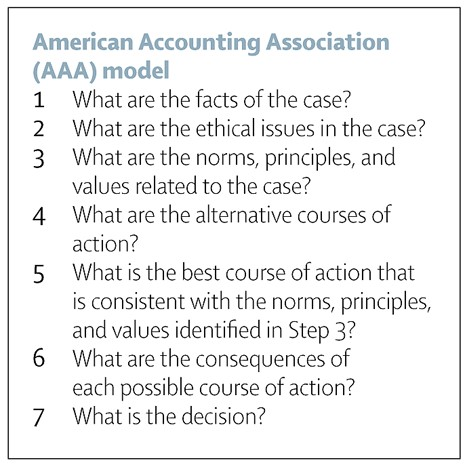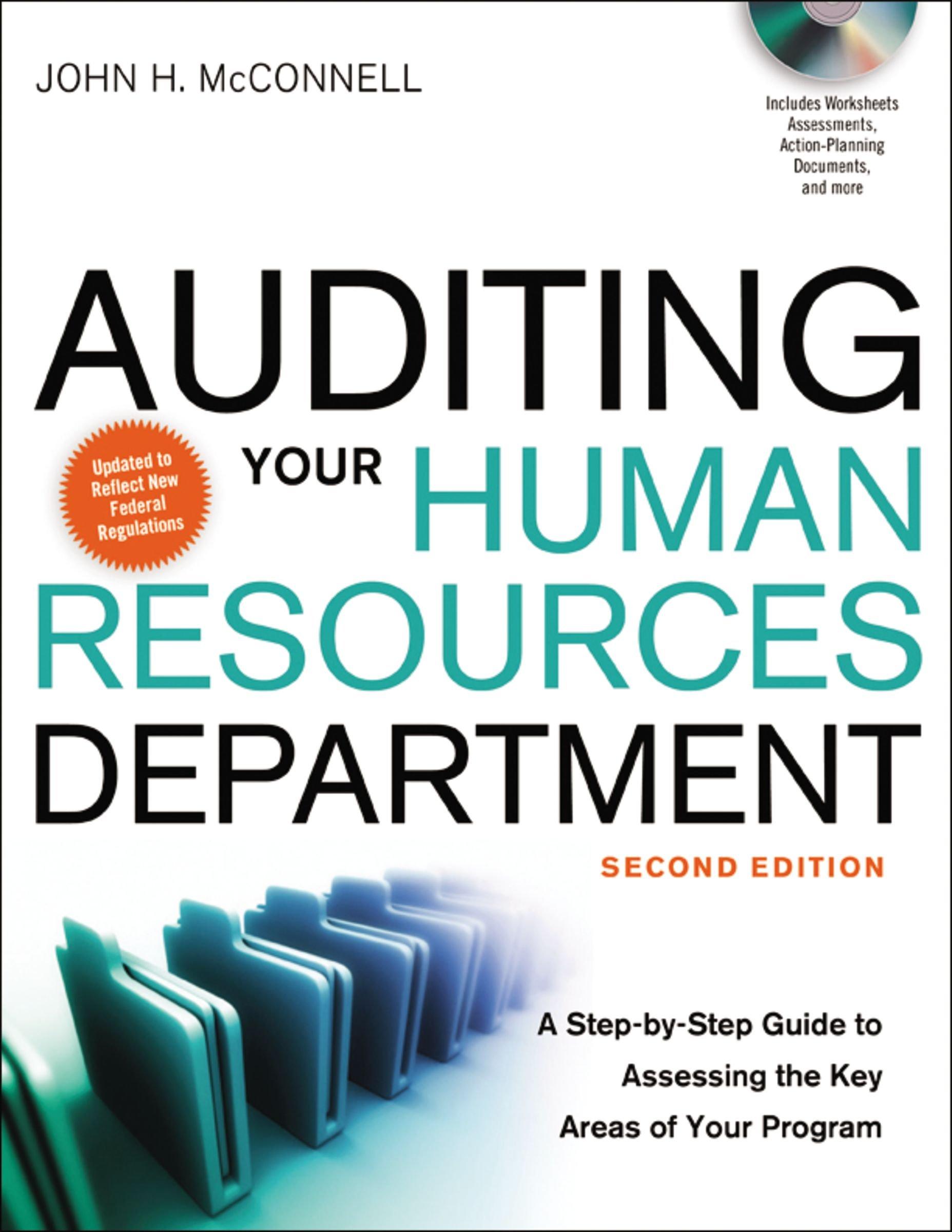Question
Using the AAA model on ethical decision-making (see below), analyze the case. On February 11, 2009, the SEC announced settlements with KBR, Inc., and Halliburton
Using the AAA model on ethical decision-making (see below), analyze the case.

On February 11, 2009, the SEC announced settlements with KBR, Inc., and Halliburton Company to resolve SEC charges that KBR subsidiary Kellogg Brown & Root LLC bribed Nigerian government officials over a 10-year period, in violation of the Foreign Corrupt Practices Act, in order to obtain construction contracts. The SEC also charged that KBR and Halliburton engaged in books and records violations and internal controls violations related to the bribery.
The SEC had alleged that beginning as early as 1994, members of the joint venture determined that it was necessary to pay bribes to officials within the Nigerian government in order to obtain the construction contracts. The former CEO of the predecessor entities, Albert Jack Stanley, and others involved in the joint venture met with high-ranking Nigerian government officials and their representatives on at least four occasions to arrange the bribe payments. To conceal the illicit payments, the joint venture entered into sham contracts with two agents, one based in the United Kingdom and one based in Japan, to funnel money to Nigerian officials.
The SEC complaint describes a cultural committee to decide how to carry out the bribery scheme. The committee decided to use the United Kingdom agent to make payments to high-ranking Nigerian officials and to use the Japanese agent to make payments to lower-ranking Nigerian officials. The joint venture took payments on a construction project and, in turn, made payments to the Japanese agent and to the Swiss and Monaco bank accounts of the United Kingdom agent. The total payments to the two agents exceeded $180 million. After receiving the money, the United Kingdom agent made substantial payments to accounts controlled by Nigerian government officials, and beginning in 2002 paid $5 million in cash to a Nigerian political party.
The SECs complaint also alleged that the internal controls of Halliburton, the parent company of the KBR predecessor entities from 1998 to 2006, failed to detect or prevent the bribery, and that Halliburton records were falsified as a result of the bribery scheme. In September 2008, Stanley pleaded guilty to bribery and related charges and entered into a settlement with the SEC. Stanleys high profile and punishmenthe faces a potential seven-year sentence, the longest in the history of the federal statute outlawing the bribing of foreign officialsalso signal the federal governments willingness to seek long prison terms rather than fines and court injunctions.
Without admitting or denying the SECs allegations, KBR and Halliburton consented to be permanently enjoined from violating the anti-bribery, records, and internal control provisions in SEC laws. The SEC also imposed an independent consultant for Halliburton to review its policies and procedures as they relate to compliance with the FCPA.
As a result of the indemnity and the KBR subsidiarys criminal plea, Halliburton has agreed to pay $ 559 (including $177 million in disgorgement) of $ 579 million in criminal fines payable by KBR, with KBR consenting to pay the remaining $20 million.
Question (complete using AAA model)
The mission of a global group called Transparency International is to stop corruption and promote transparency, accountability and integrity at all levels and across all sectors of society. The organization's "Core Values" are: transparency, accountability, integrity, solidarity, courage, justice and democracy. Each year the organization evaluates business corruption in each country and produces a Corruptions Perception Index (CPI), The 2012 CPI ranks Nigeria 139 of 174 nations.
Writing for Transparency International Chinyere Nwafor states that One of the reasons why there are so many foreign bribery cases going on related to Nigeria is basically that corruption in Nigeria is deeply entrenched in almost every area of the public sector. In Nigeria, facilitating payments called dash are a way of life and necessity to get things done.
Given the apparent corrupt culture in Nigeria, why shouldnt U.S. businesses just consider payoffs to Nigerian officials as a cost of doing business in that country and not a payment in violation of the FCPA?
American Accounting Association (AAA) model 1 What are the facts of the case? 2 What are the ethical issues in the case? 3 What are the norms, principles, and values related to the case? What are the alternative courses of action? What is the best course of action that is consistent with the norms, principles, and values identified in Step 3? What are the consequences of each possible course of action? What is the decision? 4 5 6 7Step by Step Solution
There are 3 Steps involved in it
Step: 1

Get Instant Access to Expert-Tailored Solutions
See step-by-step solutions with expert insights and AI powered tools for academic success
Step: 2

Step: 3

Ace Your Homework with AI
Get the answers you need in no time with our AI-driven, step-by-step assistance
Get Started


